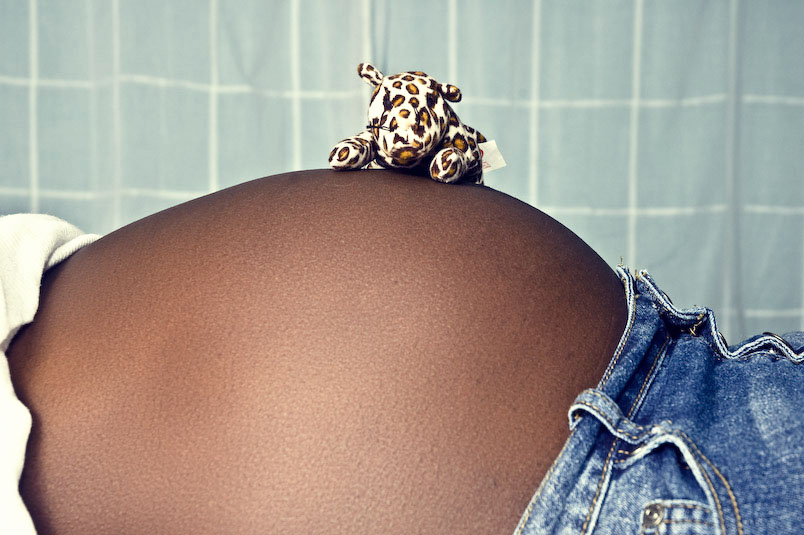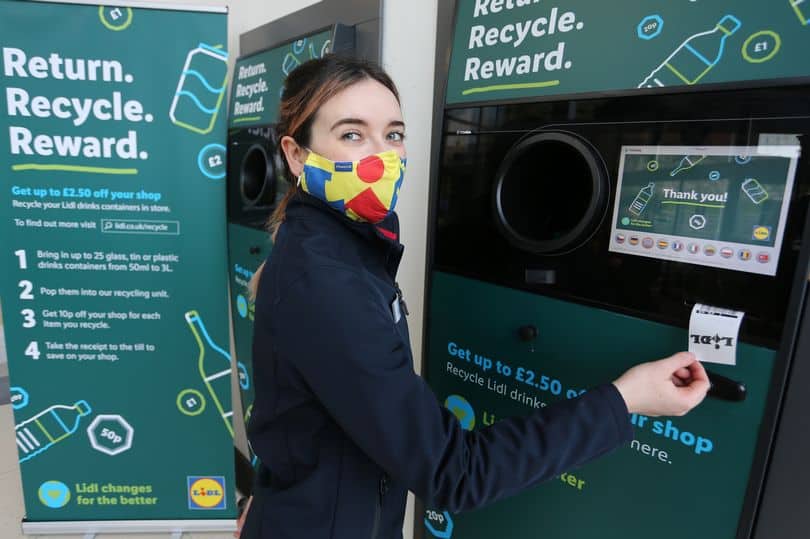Scientists make a gruelling discovery…
In the grand scheme of resources, plastic is still pretty new, being less than two hundred years old. There’s also the fact that every piece of plastic ever made is still in existence. Due to these facts, it’s unsurprising that we are still making new discoveries with plastic, new ways to recycle it, new ways to turn it into furniture or accessories and new ways it can poison us.
Yes. Poison us. Sorry to change the mood, but this is an important discovery. Of course, we know plastic is made from oil, and if you eat it, you will probably get poorly, or come to some discomfort in one way or another. But what about just being in contact with it? That’s the theory of Dr. David Lindsay from the Department of Obstetrics and Gynaecology at Monash University, Melbourne, Australia. In a research study performed recently, it was found that 40% of infertility cases have no apparent cause, but unless you believe in bad luck, then the truth is that the cause is simply yet to be discovered. This 40% figure has sent scientists on a quest to uncover what could be the cause, and plastics is one plausible theory.
Most plastics contain certain chemicals that are proven to cause issues with the human immune system and hormone regulation. Now, if that’s the case, look in your fridge, your pantry or your cupboards. How much of your food is covered and ‘protected’ by plastic?
Don’t Panic
We don’t mean to cause any worry, as there are precautions being taken place to make plastic as safe as possible, but it’s not yet fool proof. Back in 2008, after the FDA (the US Food and Drug Administration) declared Bisphenol A, better known as BPA, as safe, they quickly made a U-turn and stated it was a danger to public health. The great danger of BPA was realised when studies showed that it affected fertility in men and women, and stunted the growth of unborn children.
The effects of the chemical are incredibly serious, with it inhibiting an embryo’s ability to attach to the uterine lining. It also has links to several cancers, attention deficit disorder and diabetes. In a separate study related to IVF treatment, 93% of the women tested had a measurable amount of BPA in their system and 81% of their male partners.
Be cautious!
To reduce the risk of BPA contamination, stop microwaving foods in plastic containers (this releases the chemical), and in fact, stop storing food in plastic containers altogether. Buy fresh food that is not wrapped in plastic and try to store it in a way that keeps it fresh without being in more plastic. Stop drinking from plastic water bottles or find a BPA-free plastic bottle. Keeping your food and water away from BPA as much as possible will allow you to keep your personal BPA levels low, even in a plastic dependant society.










